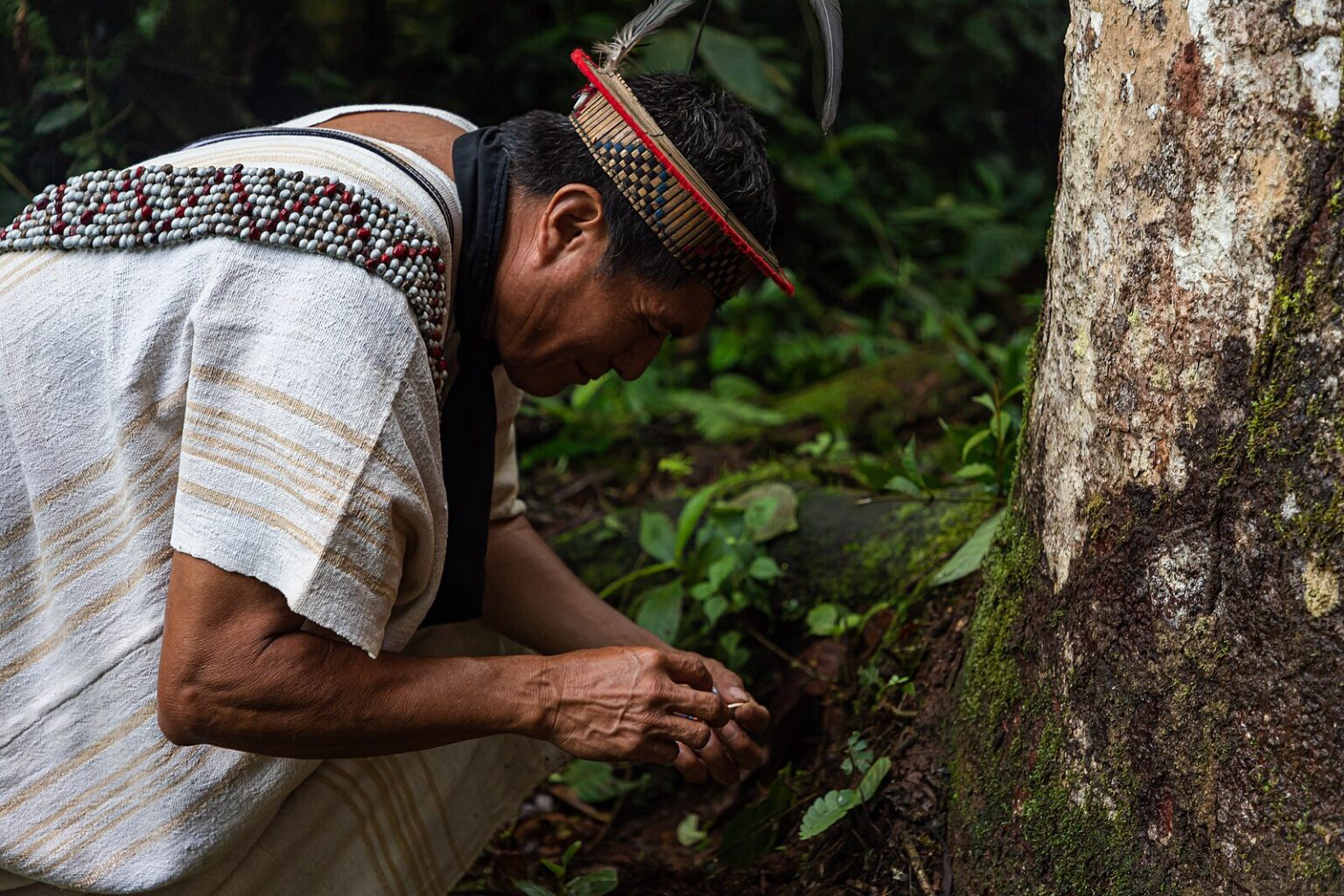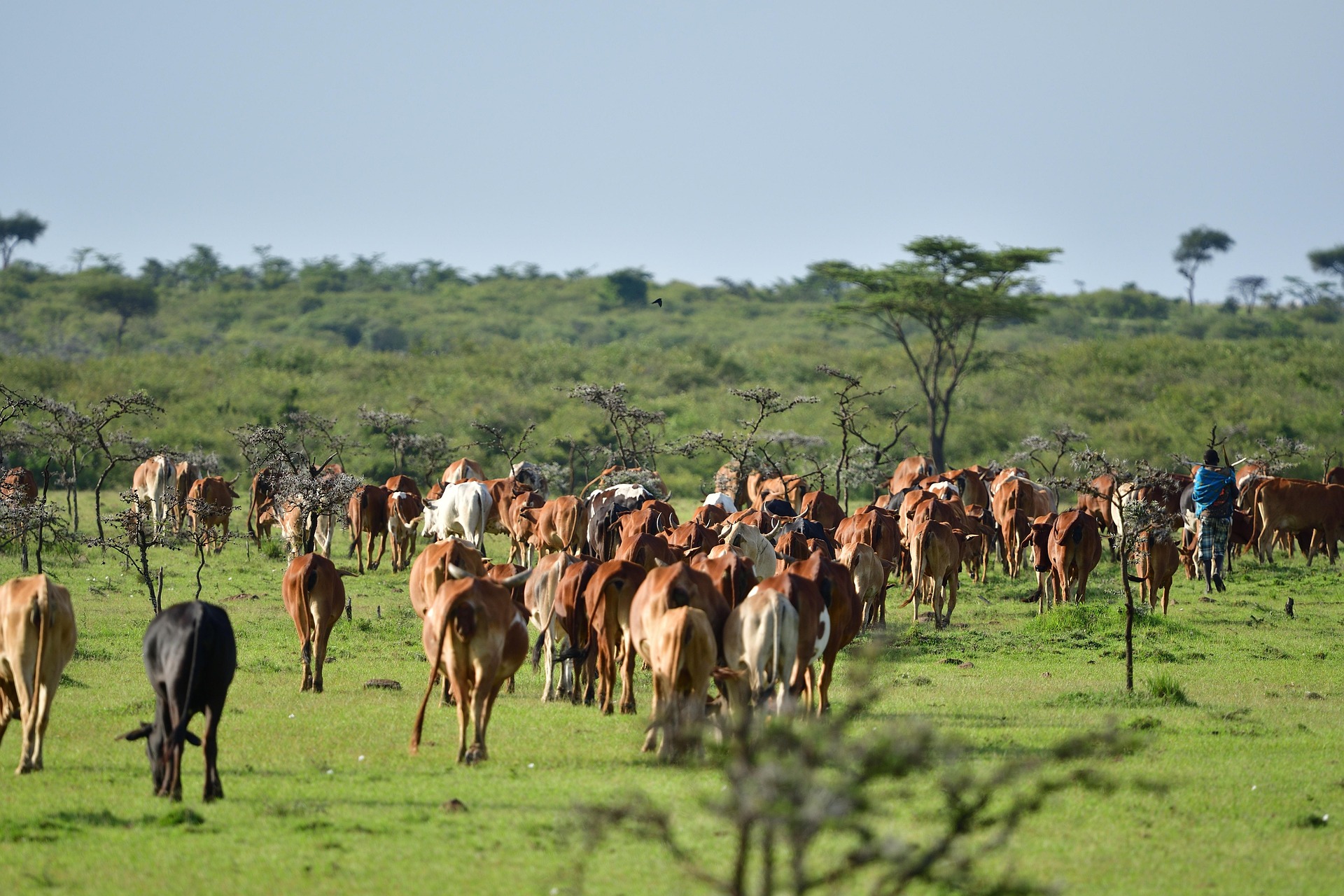International Biodiversity Day 2025, A Message by Mr Mahmood Akhtar Cheema, Country Representative IUCN Pakistan
Today, we join the global community in observing the International Day for Biological Diversity under the theme Harmony with Nature and Sustainable Development. This theme speaks to the very core of Pakistan’s development priorities, as we strive to build a future that is ecologically sound, economically vibrant, and socially just.

Mr. Mahmood Akhtar Cheema, Country Representative, IUCN Pakistan
As the IUCN Country Representative, I am encouraged by the collective commitment demonstrated by the Government of Pakistan, Pakistan National Committee of IUCN Members, civil society, local communities, private sector, and other key stakeholders in advancing biodiversity conservation across the country. Through strong partnerships and innovative approaches, we have made notable progress in protecting vital ecosystems, conserving endangered species, and promoting nature-aligned livelihoods.
IUCN Pakistan, in collaboration with the Punjab Wildlife Department, is currently implementing a wildlife-focused project that includes biodiversity surveys across the province. This effort aims to enhance data-driven conservation planning and informed policy action.
One of our recently completed initiatives, Biodiversity Safeguarding in Northern Pakistan, centred on the unique ecosystems of Gilgit-Baltistan. This project brought together a wide range of stakeholders—government institutions, academia, media, and local communities—to collectively support biodiversity protection in the region. We are grateful to the Italian Agency for Development Cooperation (AICS) for funding this important initiative which has provided input to species conservation and community-led eco-friendly tourism.
Additionally, IUCN Pakistan partnered with Karot Power Company Limited (KPCL) to implement the Biodiversity Management Plan for the 720 MW Karot Hydropower Project. In this endeavour, local governments of Punjab and Azad Jammu & Kashmir have played a pivotal role through the establishment of Biodiversity Management Committees. This multi-stakeholder model including civil society, academia, and local media has strengthened community engagement in biodiversity and environmental conservation.
Under the Ten Billion Tree Tsunami Programme, IUCN Pakistan—alongside consortium partners FAO and WWF Pakistan—is independently monitoring the initiative to ensure alignment with biodiversity conservation goals. Our focus remains on restoring native flora and fauna and promoting long-term ecological balance. This independent monitoring initiative is funded by the Bundesministerium für wirtschaftliche Zusammenarbe.
In Balochistan, IUCN is working closely with the provincial government on mangrove restoration, rangeland management, and raising community awareness on water conservation – funded by the World Bank. In Sindh, our collaboration with the private sector has facilitated community-based projects in Thar that build resilience to climate change through saline agriculture and aquaculture. This initiative also includes community-led protection of nesting grounds for the critically endangered vulture species in the Karoonjhar mountains and Tharparkar desert.
Furthermore, a comprehensive ecological baseline, encompassing both flora and fauna is established in the Thar Desert. This data serves as the foundation for a sustainable action plan aimed at reviving and sustaining local biodiversity. IUCN, in collaboration with federal and provincial governments, the Prince Albert II of Monaco Foundation, and KoEM-funded projects, has supported the Government of Balochistan in developing Astola Island Management Plan, which will be implemented in partnership with key stakeholders.
In the future, IUCN plans to continue its collaboration with federal and provincial governments. Overall, IUCN has played a key role in supporting the designation of new protected and conserved areas. This approach aligns with Target 3 of the Kunming-Montreal Global Biodiversity Framework (KMGBF), commonly known as '30x30,' which aims to conserve at least 30% of the world’s land, waters, and oceans by 2030.
Despite these promising efforts, the scale and urgency of the biodiversity crisis require us to intensify our actions. Greater collaboration, enhanced knowledge exchange, and science-based decision-making must drive our conservation efforts. Integrating biodiversity into every facet of national planning—agriculture, forestry, urban development, and energy is no longer optional, but essential.
Thank you,
Mahmood Akhtar Cheema,
Country Representative,
IUCN Pakistan


